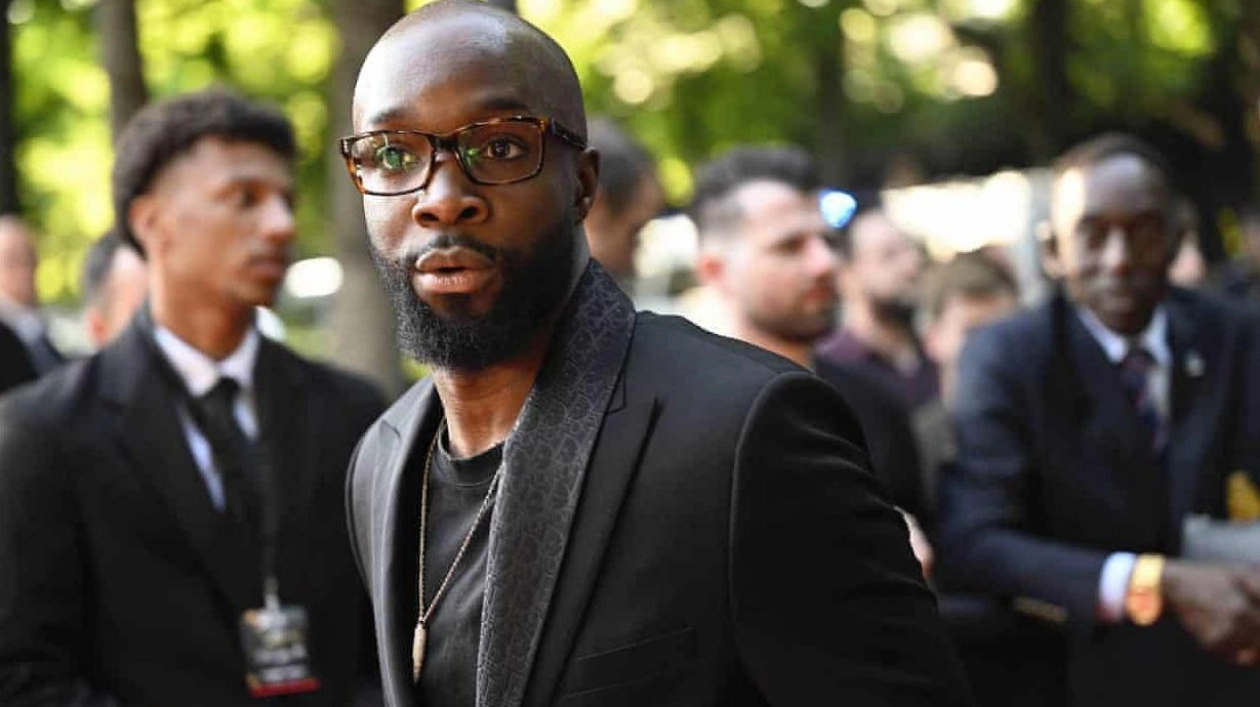When Lassana Diarra played his final professional football match on 20 October 2018, he had already become a symbol of 'what ifs.' What if he had stayed longer than a single season at Arsenal? What if he hadn’t made the disastrous decision to leave Real Madrid for Anzhi Makhachkala? What if he hadn’t made the even more catastrophic move to Lokomotiv Moscow? What if he hadn’t withdrawn from Didier Deschamps’s Euro 2016 squad due to a knee injury? Another injury shortly after a rare appearance for his last club, Paris Saint-Germain, forced his retirement. Diarra was destined to be a footnote in the history of prestigious clubs, an enigma – but then came a legal case, set to be settled on 4 October, marking the end of a decade-long saga.
This case, Diarra v Fifa, could revolutionize the transfer market, potentially leading to chaos. Diarra’s lawyer, Jean-Louis Dupont, believes this case could be his legacy, much like Jean-Marc Bosman’s landmark victory over Uefa nearly 30 years ago. It all began in the summer of 2014 when tensions between Diarra and his Lokomotiv manager, Leonid Kuchuk, escalated. Despite a promising start, Diarra’s performance waned, leading to salary disputes and eventually his contract termination in August 2014. Lokomotiv sued Diarra for breach of contract, and Fifa sided with the club, imposing a ban on the player.
Lokomotiv sought €20m in compensation, leading to a CAS appeal upheld by Fifa’s ban and a €10.5m plus interest order against Diarra. Despite offers from Royal Charleroi, Diarra’s career was stalled due to Fifa’s refusal to issue an international transfer certificate (ITC). Diarra’s legal team, along with the French players’ union (UNFP) and Fifpro, argue this amounts to a restriction of trade and a breach of European labor law. The Court of Justice of the European Union (CJEU) must now decide if Fifa’s refusal to issue the ITC was lawful.
Should the CJEU side with Diarra, Fifa would need to overhaul the transfer system, potentially losing its authority over the market. This could lead to collective bargaining becoming the norm, similar to other sports. The transition, however, poses challenges, including the risk of a regulatory vacuum and market chaos. The 4 October decision is met with trepidation, especially at Fifa.






